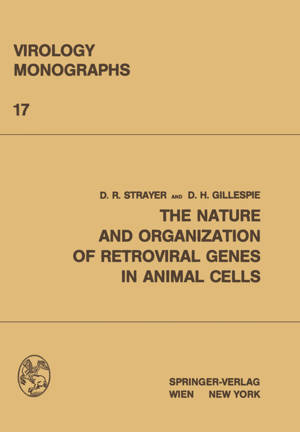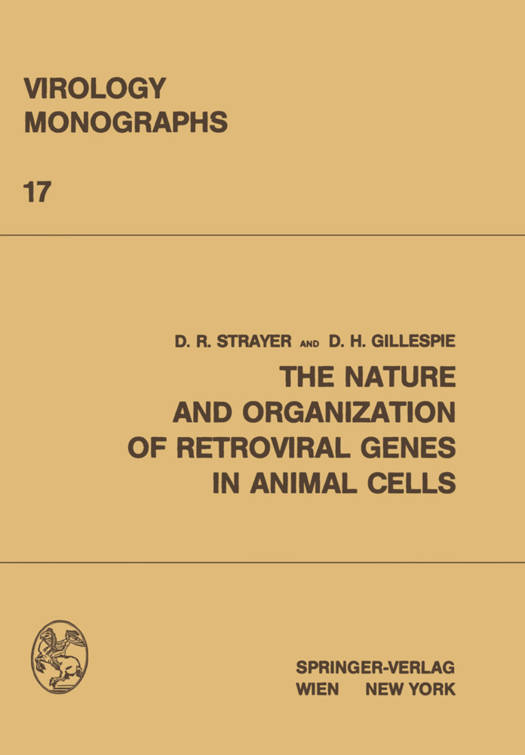
- Afhalen na 1 uur in een winkel met voorraad
- Gratis thuislevering in België vanaf € 30
- Ruim aanbod met 7 miljoen producten
- Afhalen na 1 uur in een winkel met voorraad
- Gratis thuislevering in België vanaf € 30
- Ruim aanbod met 7 miljoen producten
Zoeken
€ 100,98
+ 201 punten
Omschrijving
l RNA tumor viruses have become increasingly utilized in studies of cellular transformation and gene regulation. The genes of retroviruses exist in two forms; as extrachromosomal, RNA-containing, infectious particles and as DNA pro- 2 viruses stably associated with cell genes. Components from the extracellular form can be collected in large quantity and purified for the preparation of molec- ular probes. These probes can be used to dissect the sequence of events required for the establishment and expression of the integrated form. Furthermore the 2 genomes of retroviruses originated from normal cell genes, genes called virogenes - The nucleic acid and protein probes isolated from these viruses are therefore useful for studying the nature and expression of this normal cell gene and in elucidating the physiological role of its products. RNA tumor viruses perhaps offer us one of the most complete sets of biochemical reagents and biological responses for examining gene regulation in vertebrates and for studying the consequences of aberrant gene regulation on cell growth in tissue culture and in animals. Further- more, there is an increasing conviction that virogenes play an important role in normal development and/or differentiation (RISSER, STOCKERT and OLD, 1978). Consequently, there is a growing feeling that DNA proviruses are altered viro- genes and are capable of interfering with normal development or differentiation, causing reprogrammed growth or the incapacity to specialize.
Specificaties
Betrokkenen
- Auteur(s):
- Uitgeverij:
Inhoud
- Aantal bladzijden:
- 120
- Taal:
- Engels
- Reeks:
- Reeksnummer:
- nr. 17
Eigenschappen
- Productcode (EAN):
- 9783709185735
- Verschijningsdatum:
- 30/12/2011
- Uitvoering:
- Paperback
- Formaat:
- Trade paperback (VS)
- Afmetingen:
- 170 mm x 244 mm
- Gewicht:
- 217 g

Alleen bij Standaard Boekhandel
+ 201 punten op je klantenkaart van Standaard Boekhandel
Beoordelingen
We publiceren alleen reviews die voldoen aan de voorwaarden voor reviews. Bekijk onze voorwaarden voor reviews.








